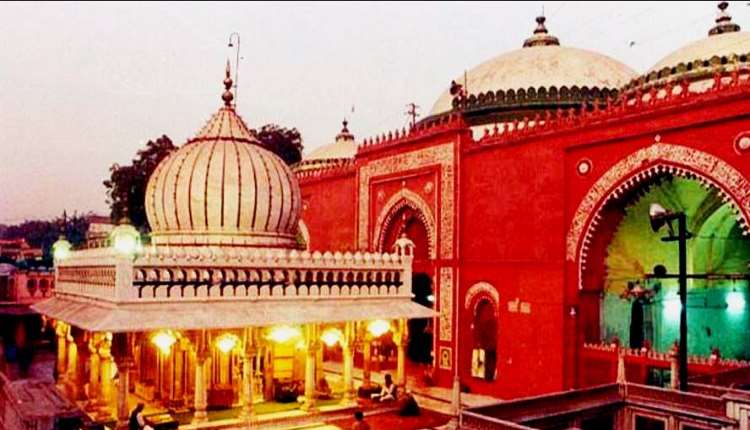The concept of ‘waseela’ in the Quran
Could you please the concept of ‘waseela’ in light of verse 35 of Al-Maidah?
Can we give waseela of Allah’s own names?
Can we invoke the name of the Prophet (sws) as well as our deceased religious elites, in our prayers? Alternately, does any Quranic verse indicate that if the Prophet (sws) sought forgiveness for someone, as did the person himself, that forgiveness was granted by God?
Answer
The word ‘waseela’ in Arabic means “closeness”, and the verse means, “Believers, fear Allah and look for ways to get close to Him and struggle in His way.”
Had the commonly understood meaning of ‘waseela’ been meant in this verse, then
the following verse of al-Zumur wouldn’t have made any sense: “Beware! The pure religion (of seeking help) is for Allah alone. And those who seek helpers other than Him, (they say), ‘We don’t worship them except with a view to come closer to God’. Indeed, Allah is going to decide about them on the Day of Judgement on matters they are disputing. Indeed, Allah doesn’t guide those liars and rejecters of truth.” (39:3)
Hence, let’s not call it waseela because of meanings commonly associated with the word in our part of the world. However, to use Allah Almighty’s attributes indeed adds to the effectiveness of our prayers. The reason being that when we say, “O merciful God, please forgive me!”, we are actually urging God to forgive us out of His merciful nature. Likewise, when we say, “O our Rabb (sustainer), give us goodness in this world and the hereafter”, we are essentially asking God to let us have the best of both worlds, the way He, our Sustainer, has as yet attended to our needs in this world. So by invoking through God’s names, His mercy, we make our prayers more effective. And that’s the way the Quran has taught us to pray to God and that’s how the Prophet, alaihissalam, used to pray. It has got nothing to do with the common understanding of waseela, which creates an impression in one’s mind that one is seeking help (sifarish) of someone superior for something one doesn’t otherwise deserve.
We can’t invoke anybody’s name in our prayers, be it the Prophet, alaihissalam. Probably, the question has arisen in your mind because we quite often pray durud for the Prophet, alaihissalam, before we pray anything for ourselves. However, durud, which is a persian word, means nothing but prayers and asking for something. The rationale for durud for the Prophet before our own personal prayers is to acknowledge that the Prophet has been the most important person for us, being the bearer of God’s message to us. He, therefore, deserves to be remembered first while we pray to God for our needs. Likewise, we can pray for other elders too, who have made contributions in our lives. However, praying for them should not include asking God for his special favours, in light of these invocations. There is no such concept in the kingdom of the Almighty.
There are instances of the Prophet praying for another’s forgiveness, one such instance appearing in al-Nisaa (4:64). What it means is that if a person present during the time of the Prophet sought forgiveness from God, the Prophet also sought forgiveness for him, and God would forgive him. However, the Almighty stopped the Prophet from seeking forgiveness for the hypocrites and clearly told him that even in case he seeks forgiveness for them, God is not going to forgive them. (63:6)

